Balancing academics, social life, and self-care is tough—especially for students. But staying active doesn’t have to mean long gym sessions or expensive equipment. Swimming laps offers a full-body, low-impact workout that fits perfectly into a packed schedule. The best part? You can build strength, endurance, and mental clarity in just one hour a day—with minimal gear and maximum results.
Swimming is one of the most efficient forms of exercise. It engages nearly every major muscle group while being gentle on joints—ideal for students who may sit for long hours studying. It also improves lung capacity, reduces stress, and boosts focus—key benefits during exam season.
Unlike running or weight training, swimming doesn’t require expensive gear. All you need is a swimsuit, goggles, and access to a pool—often available for free or low cost at university recreation centers.
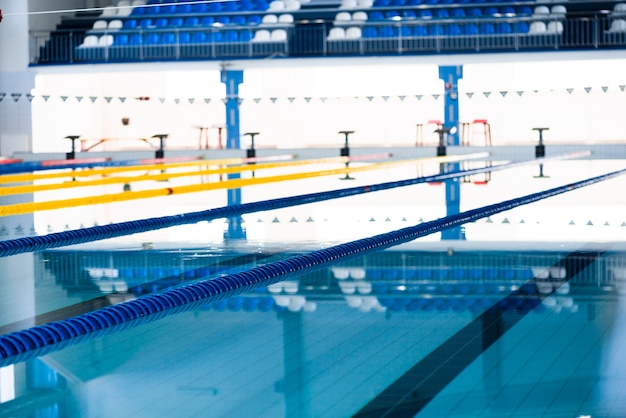
Here’s a realistic, step-by-step plan to help you start and stick with swimming laps—even if you’re a beginner.
Minimalism is key. Pack only what you need:
Most campus pools allow walk-in access, so no long-term commitments are needed.
Start slow to prevent cramps and injuries. Spend 10 minutes doing light movements:
This gradually raises your heart rate and prepares your body for more intense effort.
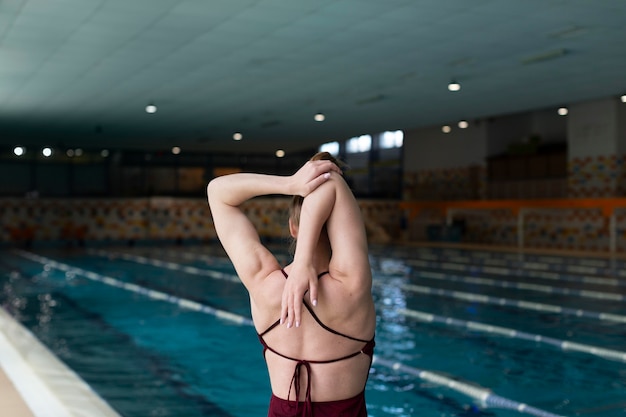
Interval training is perfect for time-crunched students. Alternate between swimming and rest to build stamina without burnout.
Beginner Plan (Weeks 1–2):
Intermediate Plan (Weeks 3–4):
Focus on smooth breathing and consistent strokes. Don’t worry about speed—form comes first.
End your session with 5 minutes of slow swimming (backstroke or easy breaststroke), followed by stretching on the pool deck:
This helps prevent soreness and improves flexibility over time.
Success isn’t about swimming every day—it’s about making it sustainable. Try these strategies:
"I’m not a strong swimmer."
Start with water walking and short laps. Most pools have lifeguards and shallow ends—perfect for building confidence.
"I don’t have time."
One hour a day is just 7% of your day. Swap scrolling time for swimming—you’ll feel more focused afterward.
"I hate cold water or crowded pools."
Check your campus pool’s schedule for off-peak hours. Wear a swim cap to retain body heat.
Swimming laps isn’t just exercise—it’s a mental reset. For students juggling deadlines and responsibilities, that hour in the water can be the most productive part of the day. With no fancy gear, low injury risk, and high rewards, it’s one of the smartest fitness choices you can make.
Start small. Stay consistent. Celebrate progress. In just 60 minutes a day, you’re not just building fitness—you’re building resilience.

Fitness

Fitness
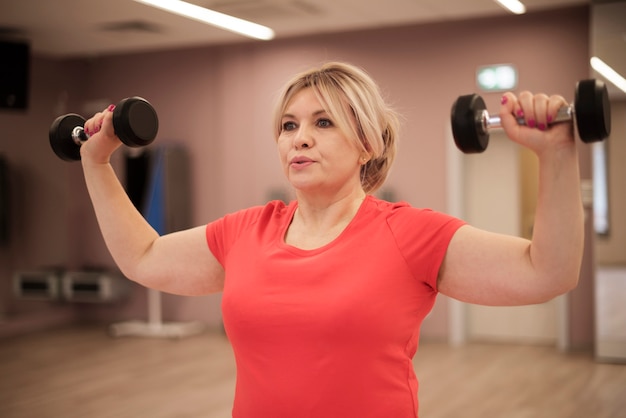
Fitness

Fitness
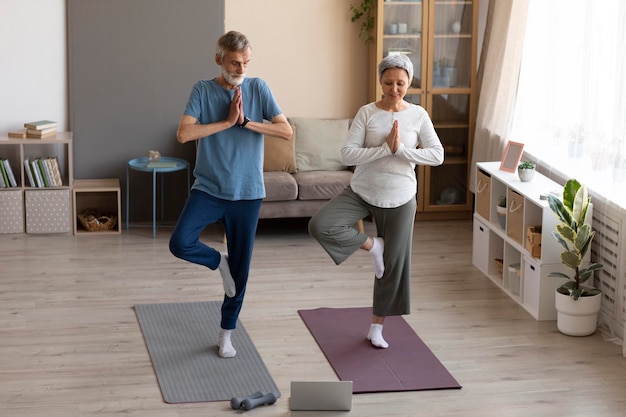
Wellness

Wellness

Wellness

Wellness
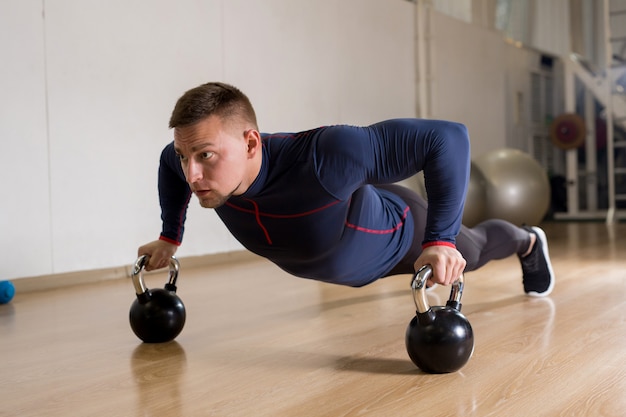
Fitness

Fitness
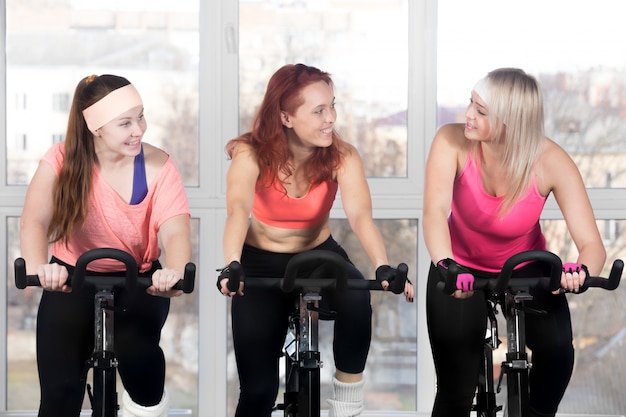
Fitness

Wellness

Health

Fitness

Health

Health